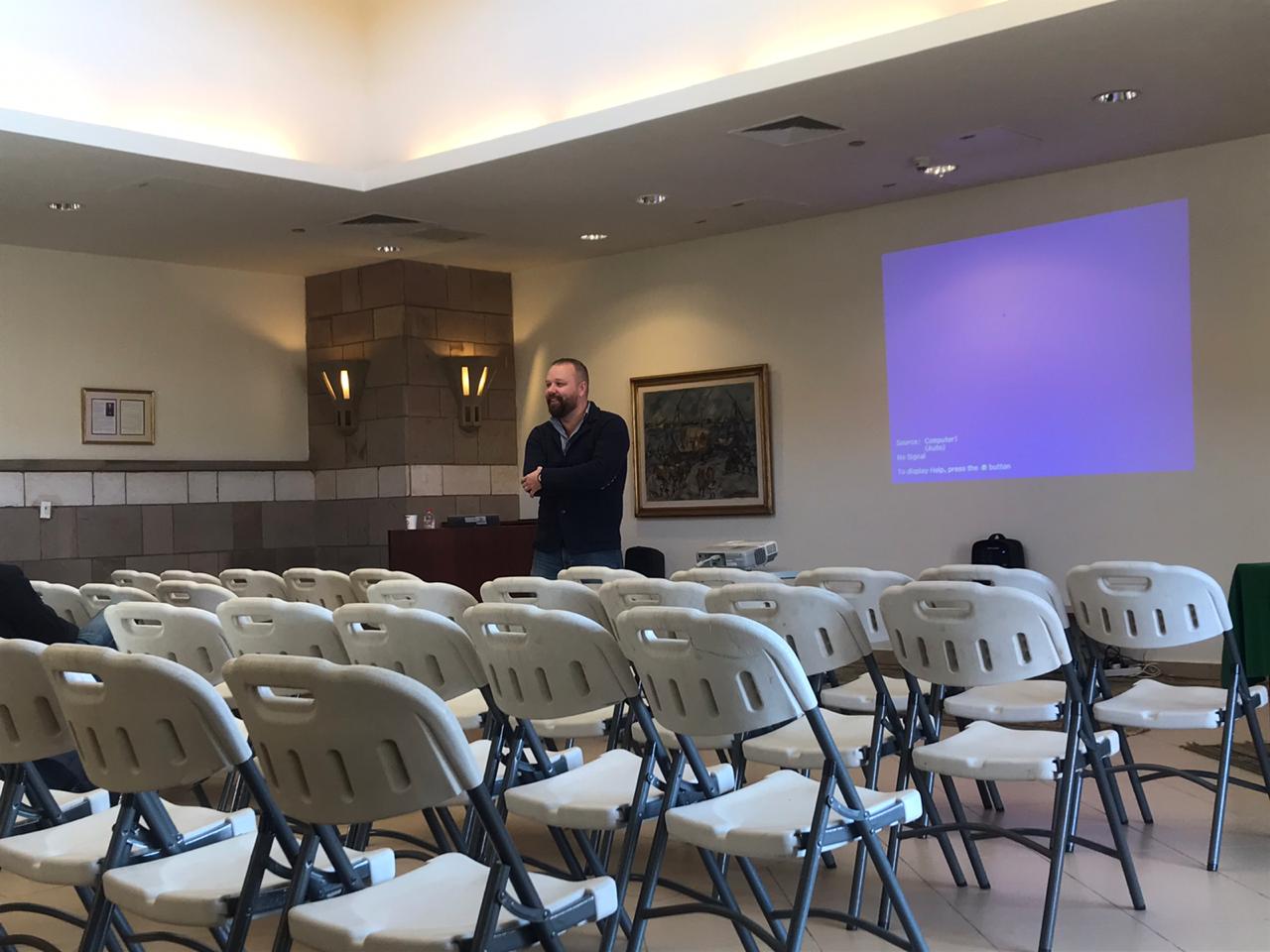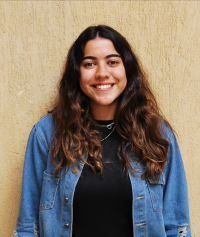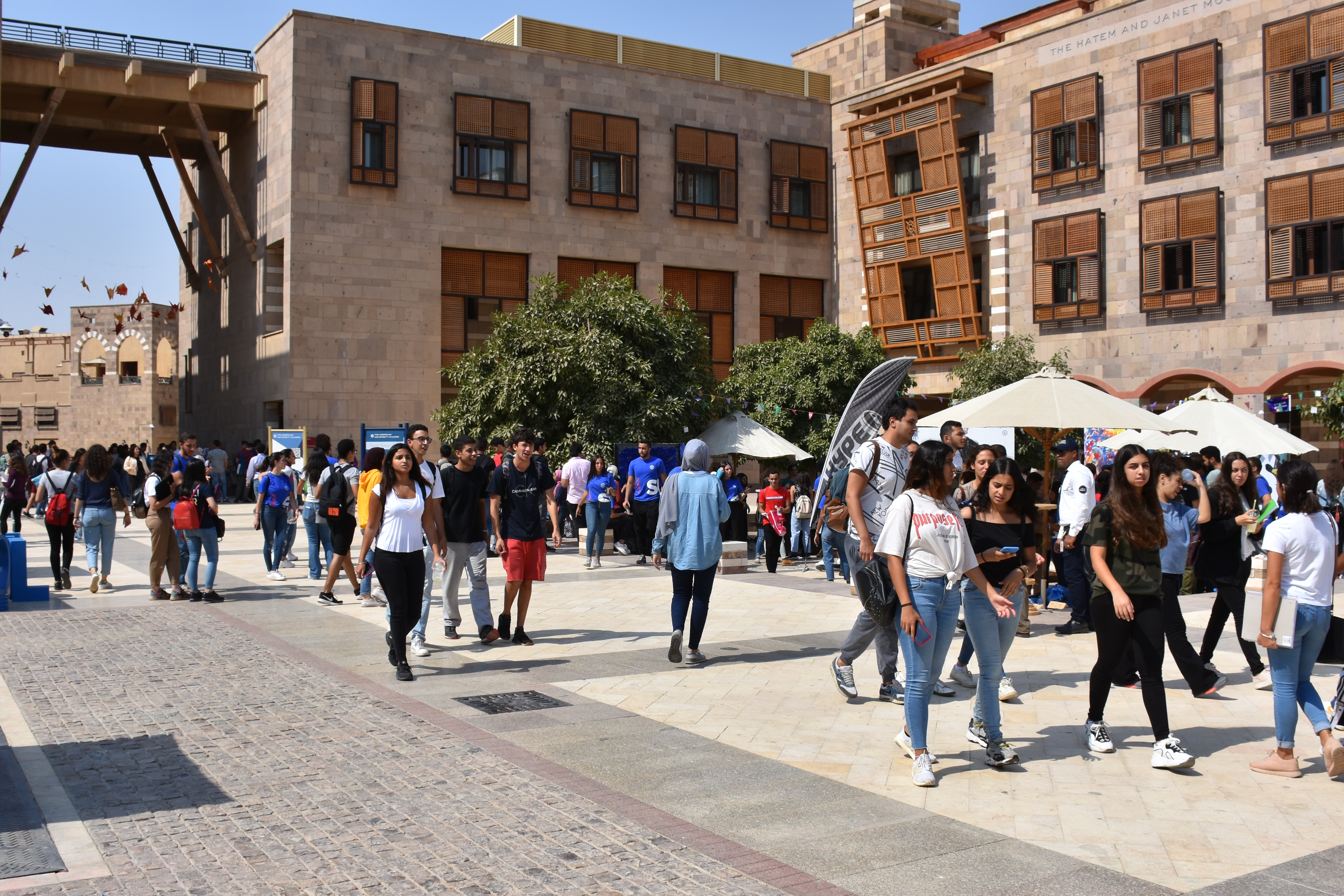Poli Sci Department Helps Students Explore Career Paths
By: Mariam Farag
@Mariamfarag_
The Political Science Department kicked off its career networking month on March 2 to help students who are confused about their employment paths after graduating.
Held every Monday through March, the networking activities will include hosting guest speakers and experts who will be open for questions on their experience to help students better understand their paths and goals.
Assistant professor of Political Science Sean Lee was the inaugural speaker and recalled how he received his PhD in Political Science at Northwestern University.
“I was a Doctoral Fellow at the Orient-Institut Beirut, and a research affiliate with the Center for Arab and Middle Eastern studies at AUB,” Lee said.
He mentioned that he specialized in parapolitics and social politics in places like Lebanon and Syria.
“When I first started off though, I was a French literature and philosophy teacher,” he revealed.
Lee then led the seminar by highlighting that people foster skills of critical thinking, critical reading, writing and oral expression in the political science discipline.
He continued to talk about how political science revolves mainly around methodologies.
“Things such as experiments and statistical analysis are very important in political science,” Lee said.
He also mentioned that there are many people who graduate from political science and become field researchers as well as prominent players in political technology.
Chris Barker, assistant professor of political science at AUC, also talked about the reason behind career networking month and said that the department wants to reach out to students about the type of career opportunities for those graduating with political science degrees.
“While I think that political science undergraduates are favorably situated with respect to the job market, high youth unemployment in Egypt suggests that we should confront this question head-on,” Barker said.
He thinks the month is a great first step towards strengthening the career prospects of students.
“What we need now is for each and every student who has asked us, or privately wondered about careers in political science, to attend our events,” he said.
This month will benefit political science students by giving them a leg-up on how to get out in the world and make a difference, he added.
Barker thinks this month’s focus on career paths can and should attract a wide variety of students to the political science major and give them insight into why a political science degree might be a good path for them.
From Barker’s point of view, a word-of-mouth campaign, largely driven by interested students, will bring out increasingly larger groups of students to the events, until eventually by month’s end, the entire school is mobilized.
“A growing number of students in political science and outside of it realize that they genuinely, deeply care about politics, and these events cause them to think about how to develop themselves to their full capacity as meaningful political actors,” Barker said.
Students in the Political Science Department, such as senior Hassan Rashed, believe that career networking month will be beneficial because it will map out different possible career options related to their major.
“I don’t know which career path I want to take after graduation yet, because I wish to explore more fields in the major,” Rashed said.




